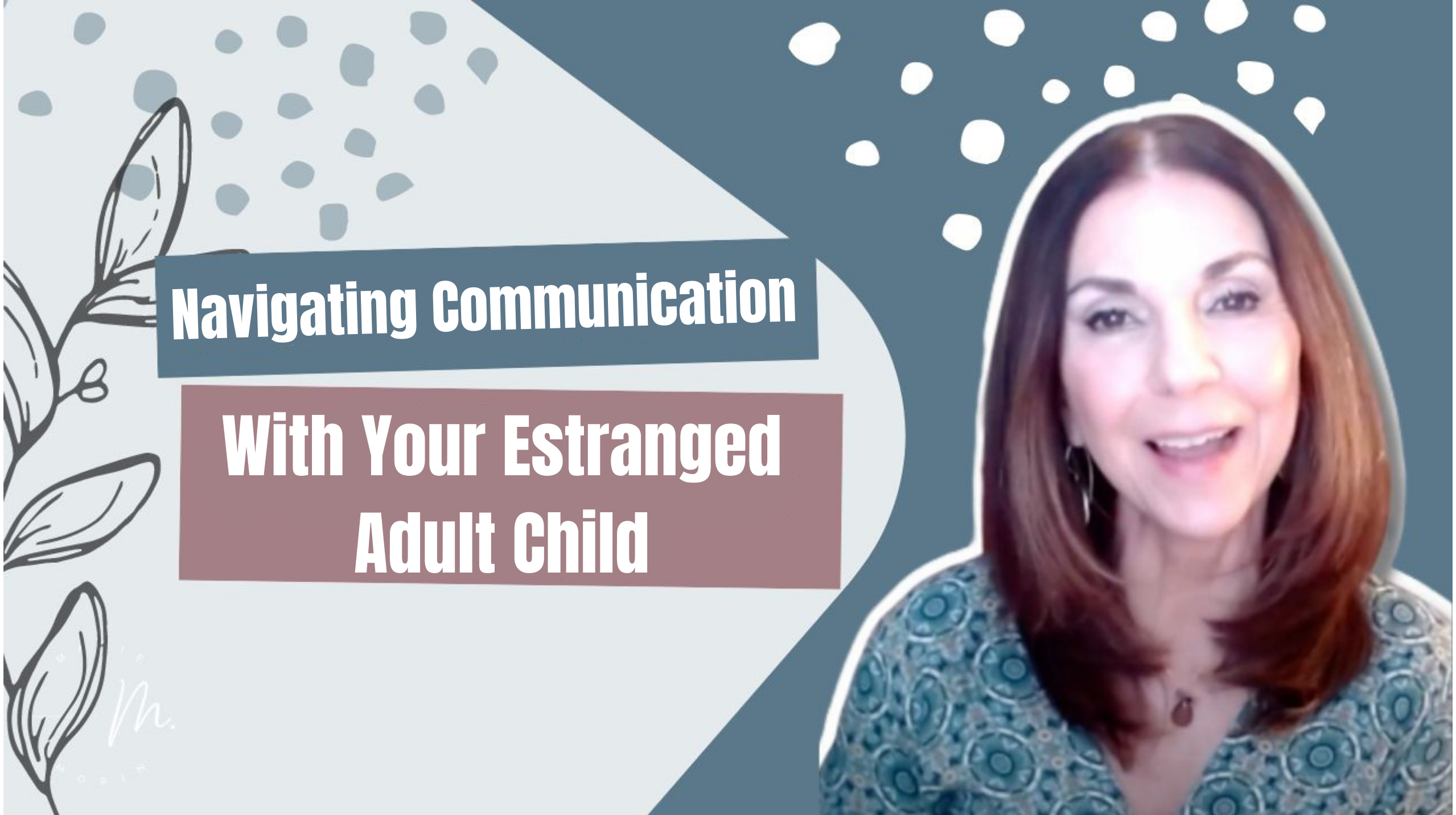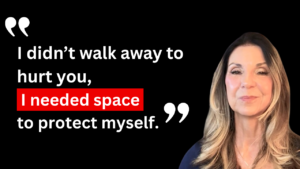Family dynamics are intricate, weaving a tapestry of connections that sometimes fray, particularly with adult children. The endeavor to reconnect with estranged adult kids necessitates a patient, empathetic, and genuinely committed approach. This blog explores the critical steps to foster meaningful communication and rebuild relationships that may have weathered storms over time.
- Reflection:
Before embarking on the communication path, pause to reflect on the past. Understanding the nuanced reasons for estrangement is crucial. It involves acknowledging your role and theirs, fostering an approach steeped in humility. This self-awareness lays the foundation for a more genuine and open-hearted attempt at reconnecting and untangling the threads of discord.
2. Choosing the Medium:
Communication is a multi-faceted endeavor, and the medium through which it occurs is of paramount importance. Consider the nuanced preferences of your adult child—whether they lean towards letters, emails, phone calls, or the intimacy of face-to-face meetings. Each medium carries its unique nuances, and choosing the right one can significantly impact the effectiveness of your communication, laying the groundwork for a more receptive connection.
3. Write a Letter of Amends:
Should you opt for the written word to express your sentiments through a letter of amends, approaching it with the right mindset is crucial. Remember, this letter is a vessel for genuine apology, not a platform for excuses. Many parents enter this process only to find themselves regretting the content of their letters later. Be willing to vulnerably share your feelings without casting blame. While expressing that you miss your child is natural, exercise caution in not burdening them with the weight of how the estrangement has affected you. Instead, focus on your genuine desire to rebuild and your sincere efforts to understand their unique perspective.
4. Active Listening:
Active listening is an invaluable tool in any form of communication, a practice that transcends words to create a sacred space for open conversation. Demonstrate genuine interest and empathy, allowing your adult child to express themselves without the looming fear of judgment. Establishing this safe environment is pivotal for nurturing a healthy and constructive dialogue where the seeds of understanding can take root.
5. If Your Adult Child Has Told You That You Are Toxic:
Discovering that your adult child perceives you as toxic is a sensitive revelation that demands delicate handling. To address this, prioritize understanding their perspective. Listen without defensiveness, allowing them to express their feelings openly. Resist the urge to immediately counter their claims and instead, seek to comprehend their viewpoint.
Take time for introspection to identify specific behaviors contributing to their perception. Explore resources on toxic behaviors and demonstrate a commitment to personal growth. Engage in open communication about boundaries, past experiences, and communication styles, offering sincere apologies where needed.
6. Give A Sincere Apology:
Should your reflective journey unveil mistakes on your part, offering a sincere apology is imperative. Express remorse for any actions that may have contributed to the strain in your relationship. Clearly outline the steps you will take to cultivate a healthier and more supportive connection, marking the first strokes of rebuilding the bridge.
7. Setting Realistic Expectations:
Rebuilding relationships is a time-intensive process, demanding the cultivation of patience and the management of expectations. Recognize that setbacks may occur, but a patient and persistent approach will contribute to the overall success of reconnecting, creating a tapestry of understanding and forgiveness.
8. Professional Guidance:
In some cases, the complexity of estrangement may warrant seeking the help of a family therapist or counselor. A neutral third party can play a pivotal role in facilitating constructive conversations, serving as a mediator, and offering insights that may not be apparent within the intricate dynamics of family relationships. Often, this requires a third party who can stand in the gap for all parties involved, fostering a safe and neutral space for communication to blossom.
9. Celebrating Progress:
Acknowledge and celebrate even the most minor steps forward. Express gratitude for the sincere efforts made by both sides, recognizing that progress, no matter how incremental, reinforces the commitment to rebuilding the relationship and breathing life into the connections that were once strained.
Conclusion:
Reconnecting with estranged adult children is a delicate and intricate process that requires open communication, understanding, and a genuine commitment from all parties involved. Families can navigate the path towards a more fulfilling and meaningful relationship by reflecting on the past, choosing a suitable communication medium, offering sincere apologies, and seeking professional guidance when needed. In doing so, they embark on a journey to mend the fabric of their connections, weaving a story of reconciliation and renewed bonds.









